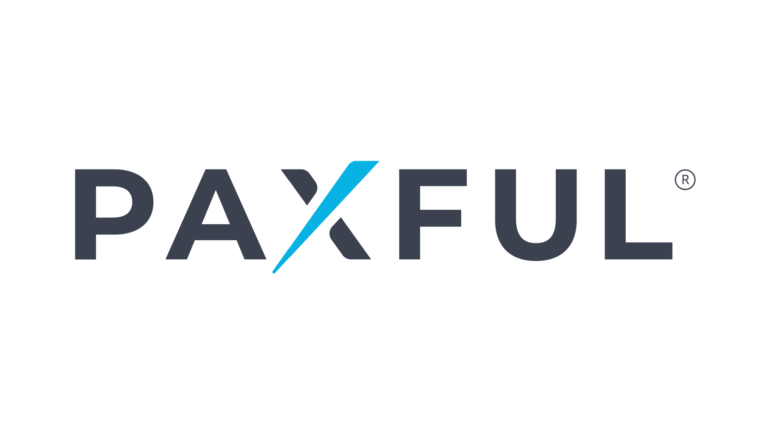
Funding: BFREE, a Nigerian debt collection startup, raises $3 million to expand operations around the continent
In a round headed by Capria Ventures, Nigerian fintech BFREE secured $2.95 million with the goal of expanding throughout the continent.
A tech-enabled debt collection firm called BFREE was founded with the goal of automating and introducing moral debt recovery practices. After witnessing the detrimental effects of aggressive debt collection tactics used by unscrupulous digital lenders, such as constant phoning and debt-shaming, the founders were inspired to start Bfree.
Regulators in nations like Nigeria and Kenya have responded sharply to the well-documented bad practices of lenders. In Nigeria’s case, this has included delisting the applications from Google Play and requiring mobile loan apps to apply for new mandates.
In 2020, BFREE was founded by Moses Nmor (CPO), Chukwudi Enyi (COO), and Julian Flosbach (CEO), who also introduced several debt collection tactics. As part of its collections-as-a-service business, these included the introduction of conversational AI capabilities like chatbots and callbots, as well as a self-service platform that lets borrowers set up new payment plans.
The above stated instruments seek to offer sympathetic post-purchase assistance to debtors while simultaneously utilizing behavioral and fiscal information to guide decisions.
Some of the biggest banks in Ghana, Kenya, and Nigeria are now part of BFREE’s growing clientele. Among their clientele are:
- Access Bank
- Stanbic Bank
- GT Bank
- Kuda
- Branch
- FairMoney
- Quick Check
With the new capital, in which a number of domestic and foreign investors participated, the company plans to keep growing its operations in these areas:
- Capria Ventures
- Angaza Capital
- GreenHouse Capital
- Launch Africa
- Modus Africa
- Axian CVC
take part in the round, increasing the total amount of funding raised to $6.5 million, which also includes a bridge round raised in 2023 of an undisclosed $1.1 million.
As CEO Julian Flosbach stated in a recent interview with TechCrunch magazine, the business mostly works with banks.
“We basically had to either increase pricing or let go of a lot of smaller customers because of the immense pressure to increase our margins,” Flosbach said. She also mentioned that working with banks made financial sense due to their larger loan portfolios than those of digital lenders. Although the startup has worked with 45 clients since its founding, it presently only has 14 clients.
Currently, BFREE has approximately $400 million in loans under its portfolio, of which it has collected 12.5%.
Apart from its present activities, the business wants to create a secondary debt market. Through this market, non-performing loans (NPLs) from African banks might be acquired by third parties, including hedge funds looking to diversify their holdings.
“We get a lot of information about debtors, particularly those who are in default.
For the first time, we were able to create an algorithm that is capable of valuing these assets. If a debt is delinquent for, say, ninety days, we may estimate how much it will cost and how likely it is to be repaid during the following year. Then, we purchase these assets from banks and remove them off their balance sheets, enabling them to transfer the risk,” Flosbach stated.

